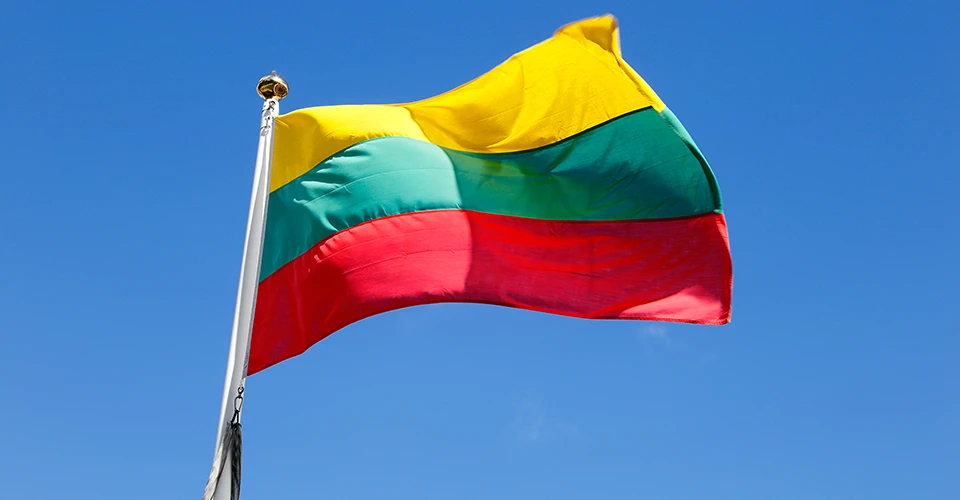
Leading candidates in Lithuanian presidential elections vow to confront Russian threat
Lithuanians head to the polls on Sunday, May 12, to cast their votes in the presidential election. Incumbent President Gitanas Nausėda and Prime Minister Ingrida Šimonytė are among the top contenders, both pledging to take on the Russian threat
Reuters reported the information.
Polling stations will close at 8:00 p.m. local time (17:00 GMT), with results expected later in the night. If no candidate secures over 50% of the vote, a runoff election will take place on May 26, as indicated by opinion polls.
In a recent Delfi/Spinter Tyrimai poll, Nausėda, 59, a former senior economist at a leading bank, garnered the support of 29% of voters. His main rival, 49-year-old Prime Minister Ingrida Šimonytė , the sole female candidate, received 14% support.
Concerns about potential Russian aggression loom over the region, particularly among the Baltic states, former Soviet republics now part of NATO and the EU.
According to an ELTA/Baltijos Tyrimai poll, over half of Lithuanians consider a Russian attack possible or even probable. Lithuanian intelligence has warned of Russia's military buildup along the NATO border.
Both Nauseda and Šimonytė advocate for staying alert in case of military conflict, although Nauseda expressed his efforts to prevent such a scenario during a televised debate.
Furthermore, both candidates support increasing defense spending to at least 3% of Lithuania's GDP, aiming to modernize the army and infrastructure to accommodate a brigade of German troops and their families, set to be combat-ready by 2027.
Despite their alignment on Russia policy, the frontrunners diverge on issues like same-sex civil partnerships, with Nauseda opposing them. They also have a history of contentious debates and refusal to communicate directly with each other.
For reference. The President of Lithuania oversees the armed forces, leads national security policy, and represents the country in EU and NATO summits. In collaboration with the government, the president shapes foreign and security policy, holds veto power over legislation, and influences key appointments.
In the 2019 presidential runoff, Nauseda secured victory over Šimonytė with 66% of the vote. However, Šimonytė faces a challenging test in this October's general election as ruling parties experience declining support in polls.
- News






































